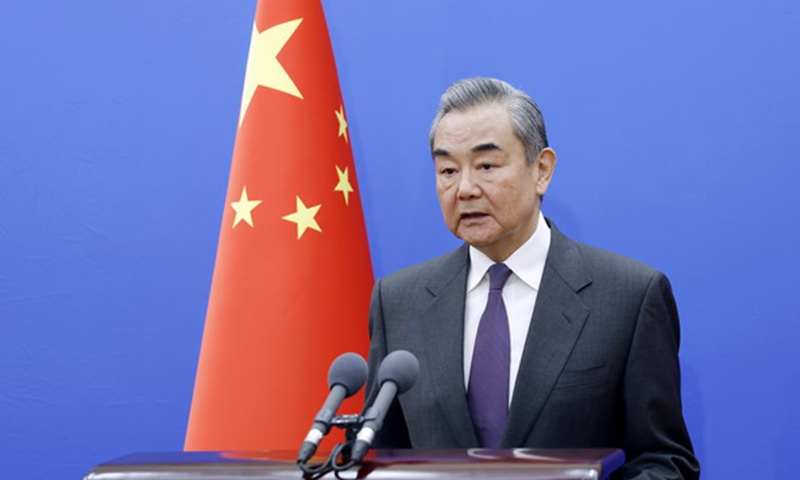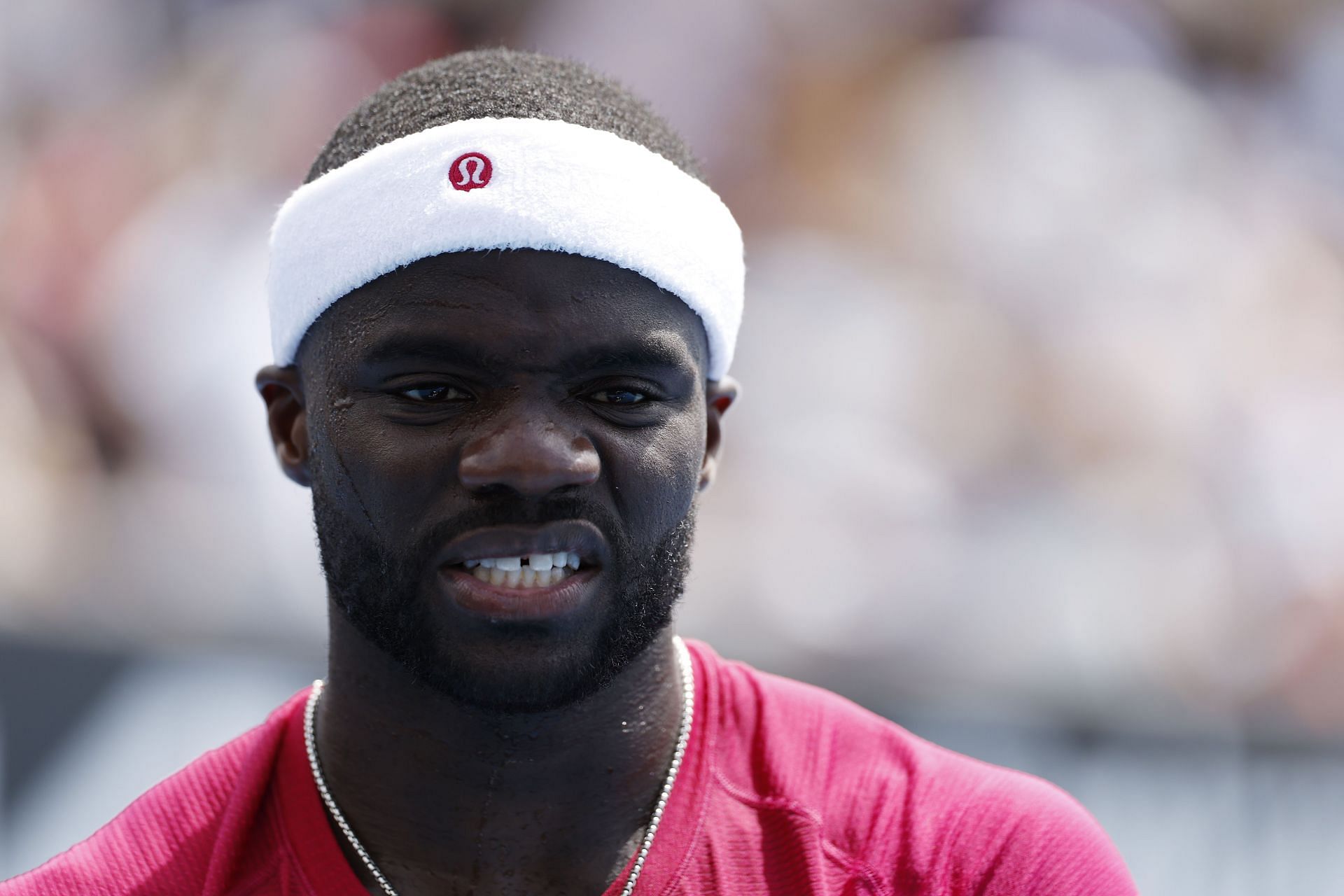The Gambling Habits of Different Countries: Who Bets Most?

People were gambling long before the concept itself appeared and gained relevance. Few things can compare to the excitement of choosing a move and watching whether it’s going to pay off. Lately, online gambling has become prevalent all over the world, but while some countries embrace it, others shy away from this trend. Why is that, and which countries do what? We’re about to find out!
Countries with High Online Casino Betting Rates
Many developed countries celebrate online gambling. They support the appearance of regulated platforms where anyone can play slots while spending a minimal sum of money. Take Ireland — it’s easy to find a licensed 3 euro deposit casino there, where gamblers can access various exciting games for cheap and earn small fortunes. However, we’ll be focusing on bigger countries, so let’s begin with the United States.
The United States
The revenue from online gambling in the US is projected to reach a record $107 billion in 2025. Licensed casinos earn quite a lot of money for their states, and Americans get a chance to play in safe and regulated conditions. Here are the interesting facts about their gambling patterns:
- Favorite games. Americans love sports betting most of all. It’s not surprising, considering how sports-based their culture is, with the NFL salaries being counted in millions and events like the Super Bowl holding the attention of the entire nation. After that, the common favorite games include slots and poker.
- Preferred platforms. Mobile phones are the favorite medium of American gamblers. About 55% of online players use their phones to play and place bets, which corresponds to about 35 million people.
- Trends. American gamblers are attracted by safety and the amount of welcome bonuses.
The appeal of online gambling continues to rise in the US.
Canada
Canada is one of the most active gambling countries in the world. The number of people who gamble here is projected to reach an astonishing 74.3% by 2025.
- Favorite games. Canadians adore slots first and foremost. Blackjack and roulette come next in terms of popularity, followed by sports betting.
- Preferred platforms. Most Canadians use their mobile phones to play, but the older demographics still prefer desktop versions.
- Trends. Gamblers in Canada value reputable casinos with transparent policies. Also, an interesting fact: sports betting fans give their preference to hockey.
It’ll be interesting to see if over 74% of people really visit online casinos in 2025, as projected.
United Kingdom
Online casinos in the UK generated £14.5 billion in 2018, and since then, this number has been skyrocketing.
- Favorite games. UK residents are similar to Americans in terms of gambling patterns. Sports betting is the most popular, while slots and bingo take the second place.
- Preferred platforms. As of 2025, it’s difficult to determine which medium is more popular, but give it a few more years, and the absolute majority will be relying on their cell phones.
- Trends. British gamblers like casinos with a self-exclusion option because they appreciate safe betting.
The UK is yet another developed country known for its widespread online gambling.
Countries with Low Online Casino Betting Rates
Now, it’s time to look at the countries that aren’t as fond of online gambling.
Indonesia
This country has strict laws prohibiting gambling, which clearly affects the rates of people willing to play.
- Favorite games. Those who manage to visit online casinos prefer basic lotteries and sports gambling.
- Preferred platforms. The gamblers can’t play without a VPN, which makes all the data questionable. All in all, mobile phones are likely leading as a choice of favorite gambling platforms among Indonesians.
- Trends. Considering the existing anti-gambling laws, Indonesian players value anonymity.
In Asia, the gambling rates are expected to be increasing by 4.66% each year up until 2029.
The Philippines
The Philippines uses a controversial approach to gambling. On the one hand, land-based casinos operate successfully, but on the other, online gambling remains surprisingly underdeveloped.
- Favorite games. Remote cockfighting is a common choice for online gamblers in the Philippines, which is really unfortunate as it involves the suffering of living beings.
- Preferred platforms. Desktop gambling is more popular since mobile Internet isn’t as speedy, especially in rural areas.
- Trends. It seems like these people prefer games with a local flair.
Some government authorities want to ban all kinds of online gambling in the Philippines, which might lower the participation rates further.
Norway
Most gambling activities in Norway happen under the strict control of Norsk Tipping. This monopoly restricts the actions of many gamblers, which explains the low rates of their online participation.
- Favorite games. Lotteries and sports betting are among the most common games for Norway residents.
- Preferred platforms. Desktop platforms tend to be more popular.
- Trends. Norwegian gamblers are wary of gambling, so they prefer platforms with responsible gambling principles and those supporting their language.
However, the Norwegian gambling field expects to see 838.7K players by 2029, so the engagement trends might be on the rise.
Reasons for the Impact on Online Casino Participation
What affects the rates of online gambling engagement? The examples above paint a clear picture.
Legal and Regulatory Environment
Countries like the US, UK, and Canada do not restrict online gambling, so obviously, the revenue and the rates of participation are constantly growing. However, Indonesia and Norway disallow gambling, while in the Philippines, people prefer land-based casinos. That’s why these areas have few online gamblers.
Cultural and Ethical Views
In the Philippines, people prefer culture-based games, which is reflected in gambling trends. Indonesia is known for its Muslim beliefs, which forbid gambling as a concept, while the US, Canada, and the UK have no such strict reservations.
Economic Factors
Wealthier countries from the list show higher online gambling rates, likely due to the fact that people there have more income to spend. Countries with poorer populations show the opposite trends.
Local news
The Racine County Eye is your source for local news that serves our diverse communities. Subscribe today to stay up-to-date with local news.
Follow us on Facebook to make sure you get the latest news.
Racine County Eye – Journalism that serves.
Related
17+ Best Provably Fair Casinos & Gambling Sites 2025: Top…
Provably fair casinos represent a revolutionary advancement in online gambling, combining blockchain technology with transparent gaming mechanics. These platfor
Gambling Commission CEO: Suppliers supporting black market could put operators…
In a webinar hosted by industry law firm Harris Hagan on 15 January, Gambling Commission CEO Andrew Rhodes reiterated his advice for the sector to carry out due
Relevant countries should adopt strong measures to combat online gambling,…
Wang Yi photo:fmprcWang Yi, Member of the Political Bureau of the CPC Central Committee and Minister of Foreign Affairs, met in Beijing with the envoys of the
“Frances Tiafoe gotta be gambling & throwing games intentionally” –…
Frances Tiafoe’s 2025 Australian Open campaign ended earlier than expected with a second-round loss to Fabian Marozsan. The defeat didn’t sit w












